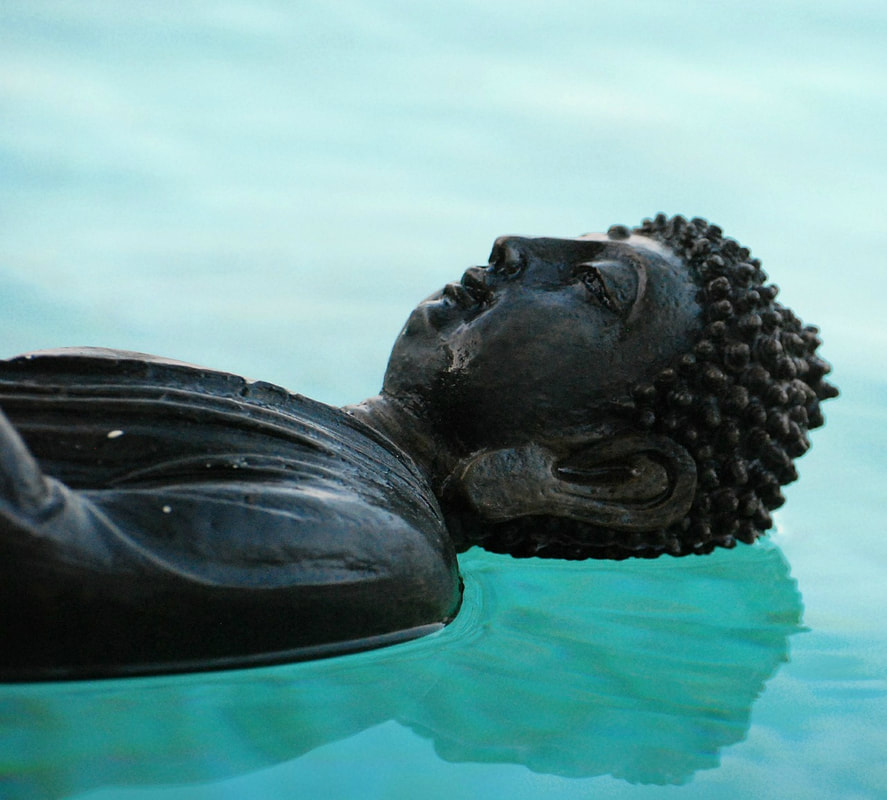|
Let me start by saying, I am way behind in this show so I only just watched the first episode yesterday! I am a fan of Master Chef and, of course, Gordon Ramsey, and was anxious to see the Master Chef Jr version. Besides being blown away by what these 8-13 year olds can cook, one major difference between the "adult" version and the kid version was immediately apparent to me. On Master Chef, the adults can be rude to each other, make faces, glare, lift eyebrows, back stab, etc. On the kid's show, there was none of that. In fact, there were high-fives, kind words to winners and it was SO much more enjoyable to watch.
If you caught the most recent season of Master Chef, you know exactly who Chrissy and Natasha are. Their constant glares and snide comments to each other made them both appear very unattractive, even in a physical way. I like to watch Master Chef, as well as Survivor, and it is the people who are just nasty in their words and demeanor that I immediately want voted off. Who needs to hear that all the time? Do we grow out of kindness? Is jealousy an approved trait these days? Are these learned habits? Does the kindness and genuine happiness for others that the kids display reflect on who we truly are before we age and suddenly feel that not being nice is okay? Patanjali breaks down the premise of yoga into 8 branches. One of the branches is called Yamas. Yamas are how we are supposed to act towards other. The branch of yamas then breaks down into 5 main ideas. Today, we will be dealing with the two that most directly apply to the Master Chef scenario as depicted above: ahimsa and satya. I use the word ahimsa (ah-heem-sah) often in my classes; it means non-harming. When used in regards to one's practice, the word begs you to listen to your body so that you can keep yourself safe. Only you knows when the stretch is too much or the pose too challenging for that day. But, ahimsa also refers to not harming others. When we toss out mean comments or glares we are not practicing yoga. That is so anti-ahimsa!!! We need to strive to present kindness in each moment: to encourage, rather than bring down. Mahatma Ghandi stated: "Ahimsa does not simply mean non-killing. Himsa means causing pain to or killing any life out of anger or for a selfish purpose or with the intention of injuring it. Refraining from so doing is ahimsa. Ahimsa means not to injure any creature by thought, word or deed. True ahimsa should mean a complete freedom from ill- will and anger and hate and an overflowing love for all. Ahimsa is the attribute of the soul and therefore to be practiced by everybody in all the affairs of life." Satya (saht-yah) means truth. Are you speaking truthfully? Now, let's assume that you have something not very nice to say to someone and you are speaking the truth...should you say it? Satya and ahimsa do not work in conflict with each other. This type of truth should not be uttered if it isn't ahimsa, as well. Srinavatsa Ramaswami: "One should speak what is true and what is helpful to others, One should not speak the truth if it would harm others (ahimsa in speech). Pleasant speech if it is untrue, also should be eschewed. This is considered eternal/universal dharma." Upanishad: " Truth alone triumphs, never untruth" Check out this kindness video... http://www.youtube.com/watch?v=PT-HBl2TVtI
0 Comments
Leave a Reply. |
Archives
March 2024
|

 RSS Feed
RSS Feed